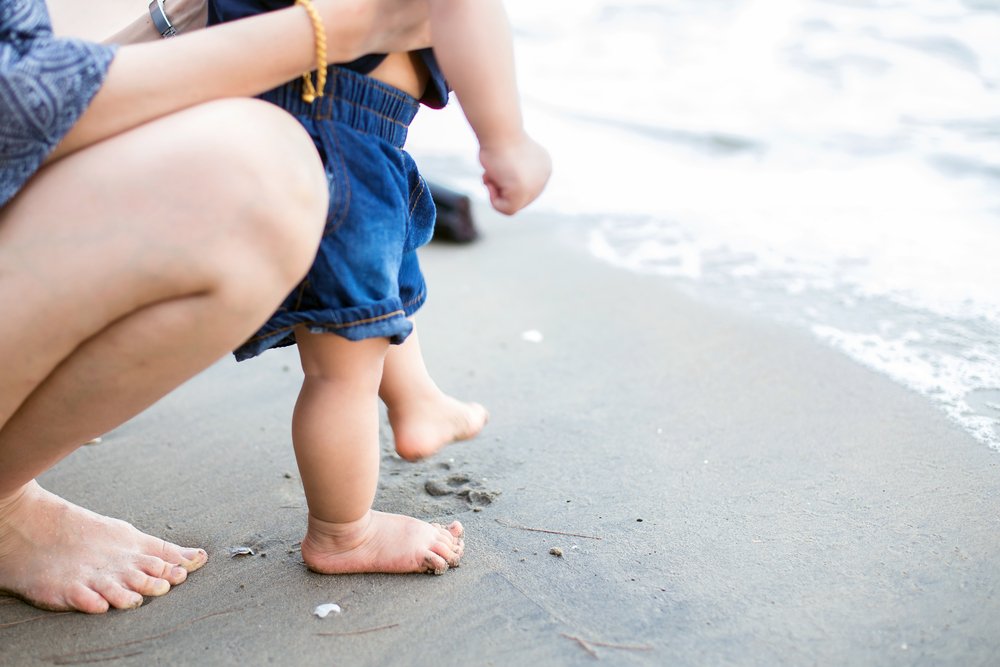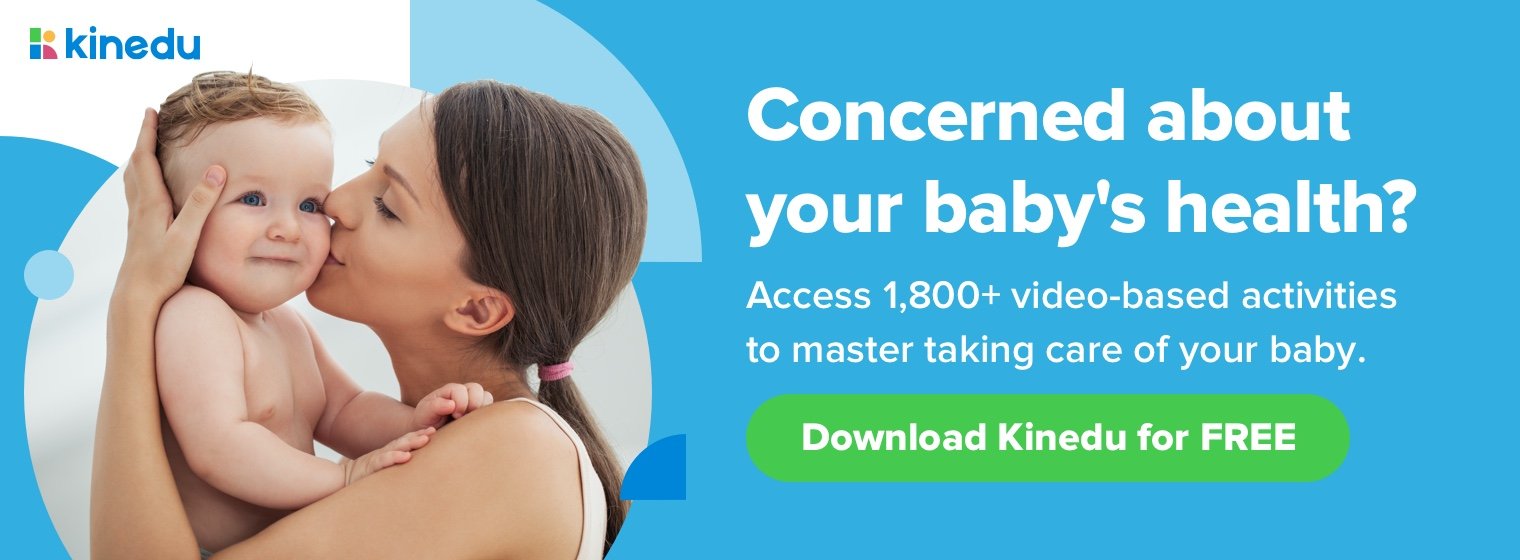Key points:
- Taking a baby to the beach for the first time can be exciting but also intimidating.
- Sand is good for introducing new textures and stimulating your baby’s sense of touch, but it can also irritate the eyes, mouth, and skin, so precautions should be taken.
- Supervision is important, and parents should never leave their babies unattended near the water.
- It is vital to keep babies hydrated, protect their delicate skin from the sun, and pay attention to their needs and comfort during the beach trip.
We know that the idea of taking your baby to the beach for the first time can be exciting, as well as intimidating.
A baby’s first time at the beach is a complete new experience and being well prepared will make it an unforgettable time. In this article, you will find tips and tricks that will help you prepare for your trip, as well as what to expect of it.
Sand is good -but not too much
Sand can be a positive experience for you baby. It will introduce new textures and stimulate your baby’s sense of touch, but beware, sand can get in your baby’s eyes and mouth and even irritate her skin. To prevent this, make sure you take a large towel or blanket and place it on the sand. Let your baby stay on the center of it with some toys or snacks, this way, she will be away from the edge and less exposed to sand.
If you let her play on the sand, keep an eye on her to make sure she doesn’t eat or rub sand on her face. If sand goes in her mouth, rinse carefully with water and use your fingers to try to get out as much as possible. If sand gets in your baby’s eyes, rinse with water, but never rub or let her rub her eyes, since this may cause more harm.
Supervise
Things can happen in the blink of an eye, and you need to keep them wide open at the beach. This doesn’t mean your baby can’t or shouldn’t get some sea fun. Your baby will love the water! You should take her exploring and put her little feet in the water, just be cautious. Never leave your baby unattended near the water, not even for a second, not ever.
Hydrate
Whatever food your baby is having, make sure to have plenty of fresh water and other fluids at hand. Extra water also comes in handy for the inevitable mouthful or eyeful of sand. If you’re breastfeeding, offer extra feeds and make sure to drink enough liquids yourself.
Sunscreen?
Even if it’s cloudy, your baby’s delicate skin can still burn, so it’s vital to protect her. If your baby is younger than six months, keep her out of the sun and stay in the shade.
The FDA (Food and Drug Administration) and the Foundation for Skin Cancer recommends not to use sunscreen on infants younger than 6 months old. However, the American Academy of Pediatrics says it’s safe to use a little sunscreen on babies to cover small exposed areas such as hands and face.
If you decide to go for it, make sure to first apply a very small amount over a tiny skin area to make sure that your daughter doesn’t get an allergic reaction. You also want to stay away from sunscreen that contains PABA (Para-aminobenzoic acid). Keep in mind that, for a small baby, the best sun protection will be keeping her out of it as much as possible. Dress her in clothes that cover most of her skin, but that are made of very light fabric so she doesn’t get hot. Also, choose your exposure times wisely, stay out of the sun between 11am and 3pm, which is the hottest part of the day.
Bring your camera
You’re gonna want to have pictures of this trip. Get prepared. If you consider it necessary, take a waterproof camera or video camera. If your cellphone takes good pictures, that’ll do. Just remember to capture these moments, you’ll want to remember them later on.
Listen to your baby’s needs
Finally, don’t get frustrated if things don’t go exactly as you planned! Your baby might take a few days to get used to the sun, the sea and the sand. If you notice your daughter is overwhelmed or uncomfortable, reduce the time you had planned to spend at the beach, and try again the next day. Maybe you saw or met babies who were fascinated when they were first at the beach, and you’re expecting the same experience for your own. Remember every baby is different, so expect different scenarios as well. The most important thing is that your baby enjoys the trip and your company, even if it doesn’t go exactly as planned.
We hope you and your baby enjoy her first trip to the beach!








